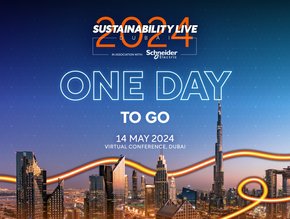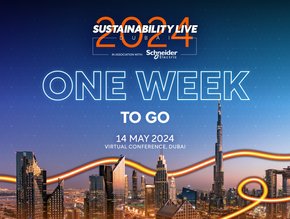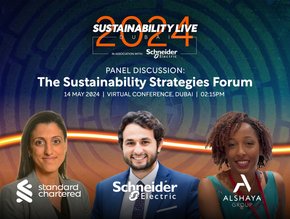How Sanofi became first, large consumer health B Corp

Big Pharma and B Corp are rarely mentioned in the same sentence, which is why Sanofi Consumer Healthcare North America achieving the B Corp certification is worth showcasing.
This was a first globally for a large consumer healthcare company, and Sanofi now sits proudly among the 7,000 B Corps globally – of which just 1% are multinationals, those with annual revenue of more than US$1 billion.
“We are honoured to join the B Corp movement alongside other companies aiming to transform business into a force for good,” said Andrew Loucks, Head of North America Consumer Healthcare, Sanofi.
“Our B Corp Certification is another step in our journey to champion better self-care for a healthier society and a healthier planet.”
Such an an achievement highlights the work done by Sanofi when it comes to environmental sustainability and social impact.
Attaining B Corp Certification means a company meets high standards of social and environmental performance, accountability, and transparency.
This B Corp achievement arrived as the world's largest producer of vaccines announced plans to spin off its consumer healthcare business, as part of its Play to Win strategy. The consumer healthcare business globally has a presence in 150 countries and more than 11,000 employees and with the spin-off come the "increased agility and flexibility to grow our portfolio of brands", says EVP Julie van Ongevalle.
The US is Sanofi Consumer Healthcare's number one market, with products in nearly 54 million households in the US and Canada – with North America responsible for around a quarter of the business, earning the company about US$5.1 billion in 2022.
Sanofi Consumer Healthcare started the journey for North America in November 2021 conducting a comprehensive assessment of the social and environmental impact of the company through the use of B Impact Assessment (BIA). They delved into every aspect of the organisation, from supply chain to employee welfare, environmental sustainability to community engagement.
Following a three-year process, the Jersey-based company achieved a B Impact score of 85, with 80 the required ‘pass rate’ to achieve B Corp Certification, and 50.9 the median score.
The maker of brands such as Allegra, Dulcolax, Icy Hot, Unisom and Xyzal, the company says this is a great start, but a score they are looking to improve across the five key pillars of performance and responsibility – Governance, Workers, Community, Environment, Customers.
So how did Sanofi achieve its B Corp status? Here are some highlights, and wider ambitions:
- Reduced Scope 1 and Scope 2 greenhouse gas emissions at its manufacturing site by 77% in 2022 vs 2019 – part of the path to being carbon neutral by 2030 and net zero by 2045. The company is replacing fossil fuels with biomass, biogas or through process electrification
- Powers its North American manufacturing and distribution site with 100% renewable electricity since 2020 – part of the goal to achieve 100% renewables by 2025 for all manufacturing operations globally
- Reached 41% representation of women in senior leadership roles – goal is to reach 50/50 gender parity in senior leadership positions by 2025
- Provides access to sports opportunities for Canadian youth facing socio-economic barriers – aim is to reach 5 million people by 2030
- Eliminating 35 tons of plastic packaging per year by removing plastic windows on selected products – reducing the environmental footprint of products and increasing packaging recyclability
In June, Sanofi is also accelerating efforts to reach net zero emissions across all operations (scope 1 & 2) and the entire value chain (scope 3) by 2045 – bringing forward this milestone by 5 years. The new target is based on Science Based Targets initiative (SBTi) as well Sanofi’s updated scope 3 reduction target of achieving a reduction of 30% GHG emissions by 2030.
“We know that healthier people and a healthy planet go hand in hand,” says Loucks. “We’re proud of the progress we’ve made in our journey to create a business that does well while doing good.”
More multinationals sign up to B Corp
Founded in 2006, B Lab is a nonprofit network that is changing the rules of business from a shareholder to stakeholder model. B Lab certifies B Corporations and created the B Impact Assessment tool that has been used by more than 150,000 companies worldwide.
It is unique because it measures a company's entire social and environmental performance, from supply chain and input materials to charitable giving and employee benefits. A rigorous and comprehensive process for all companies, certification for a multinational is even more challenging as such companies are held to stricter standards and more requirements.
While SMEs make up 99% of the B Corp community, more multinational companies like Sanofi are certifying as B Corps. Of the 7,000 B Corps, there are 50 that are publicly listed or are subsidiaries of listed multinationals.
Around 50 B Corps are now publicly listed, including Danone North America, Coursera, Lemonade Insurance, Warby Parker, Allbirds, Ben & Jerry’s (Unilever), Innocent Drinks (Coca-Cola) and Essential Living Foods (Nestle).






